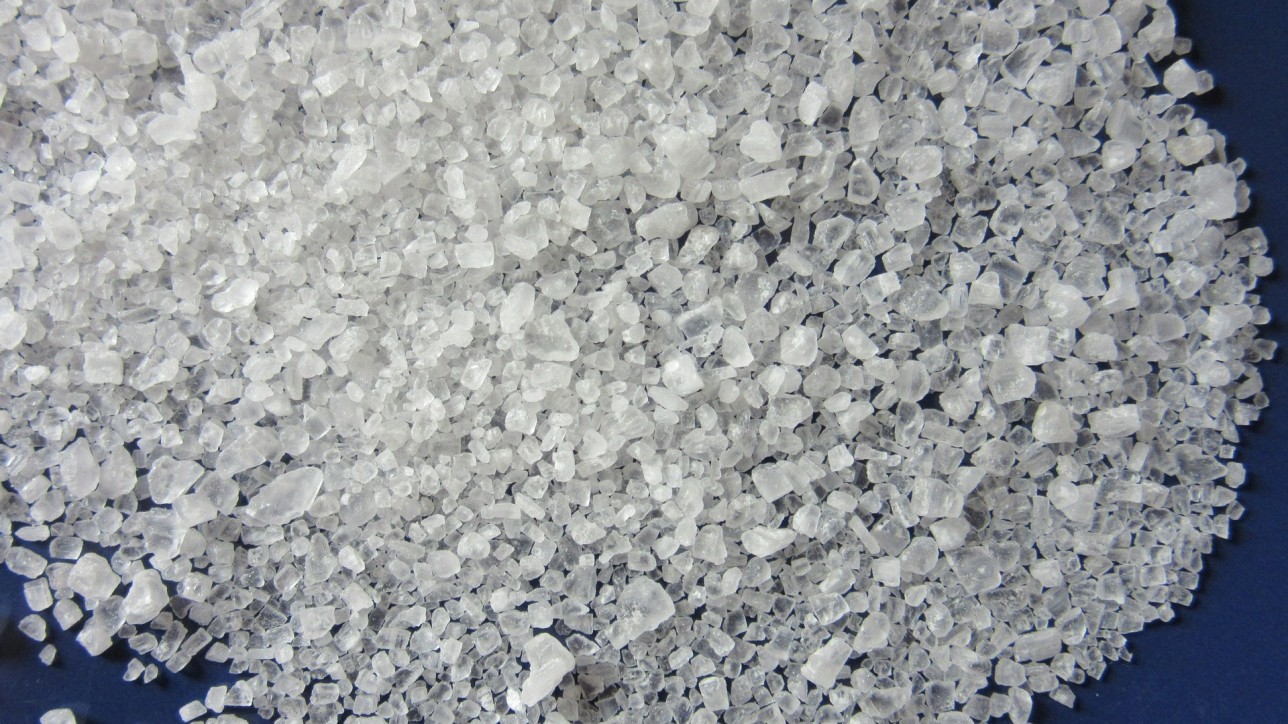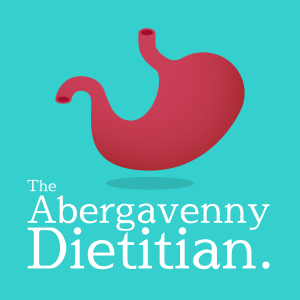It was the early 1990’s when the UK began a salt reduction programme. The aim was to reduce the population’s average salt intake from 9g a day to 6g a day. This is because too much salt in the diet can raise blood pressure which increases the risk of heart disease and stroke.
A high salt diet is also associated with osteoporosis, kidney disease and stomach cancer.
Responsibility was given to the Food Standards Agency who made a promising start with advertising campaigns such as Sid the Slug (anyone remember him?!) and highlighting the importance of reading food labels for the salt content.
However, fast-forward 30 years, and we are still, as a nation, eating way over the recommended 6g/day.
Many of us are still confused by the salt vs sodium issue (and in fact, food labels, in general, are not exactly easy to read – and I’ll be covering this in another article soon!).
To convert sodium to salt, you need to multiply the sodium amount by 2.5. For example, 1g of sodium per 100g is 2.5 grams of salt per 100g.
Adults should eat no more than 2.4g of sodium per day, as this is equal to 6g of salt.
Not just from the packet
Evidence has repeatedly shown that people have very little idea where the salt in their diet comes from.
It is common to focus on the little sachets we sprinkle on food at the table, but in fact, about 75% of our salt is already in the processed foods that we eat. Tinned and packet soups, flavoured noodles, bottled sauces, ready meals, tinned fish, stock cubes, gravy granules, olives and crisps are all examples of foods that apply here.
Also, if you routinely take an effervescent (dissolvable) vitamin supplement, or take effervescent painkillers when necessary, it’s worth remembering that these can contain up to 1g salt per tablet. You may, therefore, wish to consider changing to a non-effervescent tablet, particularly if you have been advised to watch or reduce your salt intake.
Reducing intake can save lives
New salt reduction targets are due to be published this year. But, in the meantime, high salt intake is still contributing to the nation’s poor circulatory health. It is estimated that a reduction in average salt intake from 8g to 6g per day would prevent over 8000 premature deaths each year and save the NHS over 570 million pounds annually.
However, since 2009, there has been no consistent public health message about the need to reduce the mineral, and this has led to the feeling overconsumption is no longer an issue.
Some people have even cast doubt on the fact that salt is a problem for our health at all. This is indeed a challenging area to research, due to the difficulties in separating the effects of all the different things we do in our diet and lifestyles. It is also true that the ability to cope with salt intake will vary from person to person.
However, the evidence that higher salt diets are associated with the health problems listed at the start of this article is incredibly strong.
For example, after the Japanese government launched a campaign to persuade people to reduce their salt intake in the late 1960s, consumption decreased from 13.5g to 12g per day. Over the same period, there were falls in blood pressure and an 80% reduction in stroke mortality. In Finland, daily salt intake dropped from 12g in the late 1970s to as little as 9g by 2002, and there was a 75-80% decrease in deaths from stroke and heart disease in the same period.
Last week week (9th – 15th March 2020) was Salt Awareness Week and the campaign group Action on Salt worked on getting the food industry to take more responsibility for the amount of salt we eat in the food we buy. Have a look at their website for some excellent resources.
Can we eat too little salt?
Sodium is an essential component in every cell in our body so … no, we cannot live without it, and it is theoretically possible to cause problems by eating too little! However, this would be very difficult to do with a modern diet due to the amount of salt already present in so many of our foods. We only need about 1g a day to function (and, as above, most of us are eating 6-8g a day).
Certainly, if you are exercising very hard in the heat, and losing copious quantities of sweat, there is an argument for rehydrating with some electrolytes (sodium, potassium, magnesium and calcium) rather than just plain water.
But, unless you are a serious athlete, the amount of these salts already in our diet is more than enough and water will be more than adequate as a means of hydrating around sports. For more information on this, see here. Or for more information on what to eat for sport, see here.


